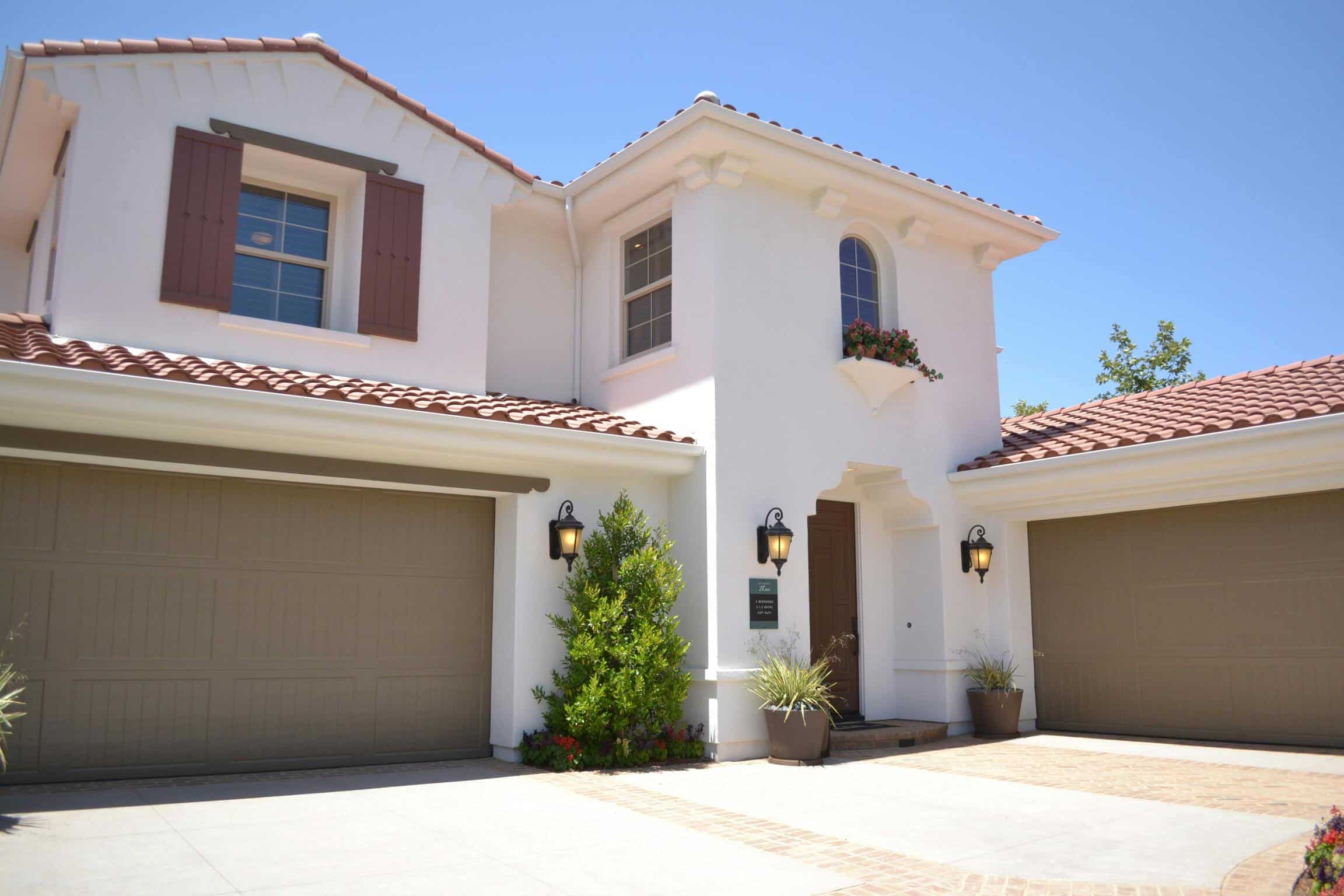Modern garage doors offer convenience, security, and even curb appeal. But like any mechanical system, garage doors are also not immune to issues.
The global garage and overhead doors market is a $7.66 billion industry. For the sake of innovation in this big market, modern garage doors come with all kinds of tech and features. Sadly, the addition of these features also means that garage doors, these days, might often come with varying problems.
Homeowners often don’t realize how vital a functioning garage door is until their garage doors stop working. Whether it’s refusing to close, making strange noises, or shaking violently, the disruption can be stressful and sometimes dangerous.
While modern garage doors are designed for durability, they still require regular attention. Understanding the common problems and how to manage them will save you from costly emergencies. It’s also the first step in knowing when to take matters into your own hands and when to call for help.
#1 Broken Springs
Usually, garage door springs will last you seven to ten years. However, these springs are under constant tension, so when they break, it’s loud and sudden.
You might hear a sharp snap, followed by a door that won’t budge. This is not something to ignore. A broken spring makes the door unsafe to operate.
Trying to replace garage door springs yourself without any professional experience is super risky. The stored tension in these door springs can cause serious injuries. If you suspect a spring issue, avoid using the garage door altogether.
Call a specialist to examine and replace it. Regular maintenance can prevent spring failure before it catches you off guard.
#2 Misaligned Tracks
Garage doors with misaligned tracks are a nightmare for anyone. These door tracks guide the garage door during opening and closing.
If the tracks shift or get bent, the entire system suffers. Your door may move unevenly, get stuck, or even fall off the track. You might hear grinding noises or see visible gaps between the rollers and track of your garage door.
To deal with this, check for loosened bolts or warped tracks. Light cleaning might help if dirt is the issue. But in most cases, trying to realign the track without proper tools can make things worse.
#3 Sensor Damage and Misalignment
The global smart-open garage doors market is worth $1.2 billion. And the smartness in these garage door systems comes from the sensors installed in them.
In most modern garage doors, sensors are a critical safety feature. But they are sensitive. Dust or debris can confuse the system. According to Proffitts Garage Door Repair, door sensors can also fail due to misalignment of sensors.
Sometimes, cleaning the lenses or adjusting the position is enough. But in many cases, the issue is more complex. Avoid tinkering too much if you’re unsure what’s wrong.
Reliable garage door repair services can assess if the issue is due to electrical faults, misalignment, or broken wiring. If your garage doors act unpredictably, stop guessing and bring in experts who specialize in fixing garage doors.
#4 Worn-Out Rollers
Rollers allow your garage door to glide along the tracks. Over time, these small wheels wear out or break. If your door sounds like it’s grinding or scraping, the rollers may be the problem. You might even notice the door shaking as it moves.
Replacing rollers isn’t too difficult if you know what you’re doing, but not everyone has the time or tools. Cheap rollers often need replacing sooner. Opting for higher-quality parts can add years to your garage door’s lifespan. Don’t ignore the signs. Damaged rollers can eventually ruin the tracks and motor.
#5 Unresponsive Remote Controls
Modern garage doors come with wireless remotes, wall switches, and sometimes even smartphone access. When the remote stops working, it’s frustrating. First, check the batteries. If that doesn’t help, reprogramming might be necessary.
If reprogramming doesn’t work, the receiver in your opener might be faulty. In that case, professional diagnosis is best. Avoid rushing to replace your garage door’s remotes or openers without knowing the real problem.
Frequently Asked Questions (FAQs)
Replace or repair my garage door – how can I tell?
If your garage door has minor issues like a noisy opener or worn springs, repairs may be enough. However, if it sags, won’t open evenly, or has structural damage, replacement is safer. Frequent breakdowns or outdated models also suggest it’s time for a full replacement. Since new garage doors will cost you between $1,151 and $1,869, repairing is also a cheaper option.
Are smart garage doors fully safe?
Smart garage doors offer enhanced convenience and security features, but they’re not entirely foolproof. However, if not properly secured, smart garage doors can be vulnerable to hacking. Smart garage door systems require regular software updates, strong passwords, and multi-factor authentication. Ensure all these things to keep smart garage door systems fully safe for everyday use.
How can you tell if someone tried to break into your garage through the garage door?
Signs of a break-in attempt may include scratches near the lock, bent panels, or tampered weather stripping. You might also notice unusual noises, misaligned tracks, or visible force marks. Smart garage systems can provide alerts or logs that show unauthorized access attempts or forced entries.
Garage doors are a part of daily life that most people take for granted until something goes wrong. Modern systems are better than ever, but they still break down. Recognizing early signs of trouble helps avoid injury and major expenses.
You don’t need to be an expert, but you do need to act quickly and wisely. Sometimes, simple cleaning or realignment will fix things. Other times, it’s worth calling in a specialist before things spiral.

